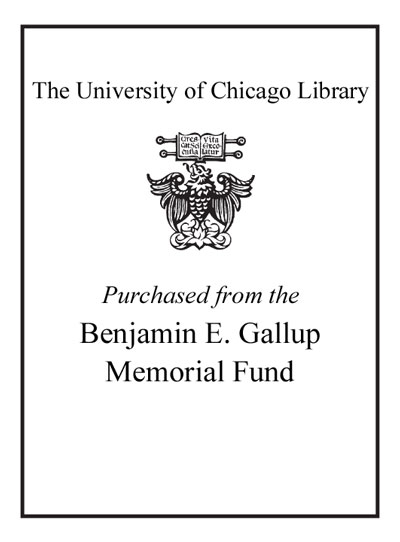Review by Choice Review
Jacques Cartier's arrival at the mouth of the St. Lawrence River on July 16, 1534, initiated the history of the French presence in America and eventually prompted the national fiction that he was the father of New France. As Gordon (Univ. of Guelph, Canada) demonstrates convincingly, while this claim is dubious for many reasons, it was appropriated in a constructed exercise of "Cartiermania." It eventually punctuated Quebec's spatial and temporal landscapes with named places and institutions, statues and plaques, and commemorations and pageants. Deferring to the major theorists of memory and identity, Gordon contributes a rich critique of yet another example of the use of mythologies and the cult of heroes in generating collective emotive experience. His historiographical analysis relates the Cartier phenomenon to the needs of 19th-century nationalism and shifts in the methods and theorizing in historical scholarship, as well as to a public preference for contemporary icons of commercial consumerism in sports, film, and popular culture. Bracketed by efficient theoretical introductory and concluding chapters, Gordon follows the rise and fall of Cartiermania through successive contextualized stages. A major contribution to understanding the French Canadian/Canadian interface in particular and processes of identity construction in general. Summing Up: Recommended. Most levels/libraries. B. Osborne Queen's University at Kingston
Copyright American Library Association, used with permission.
Review by Choice Review

